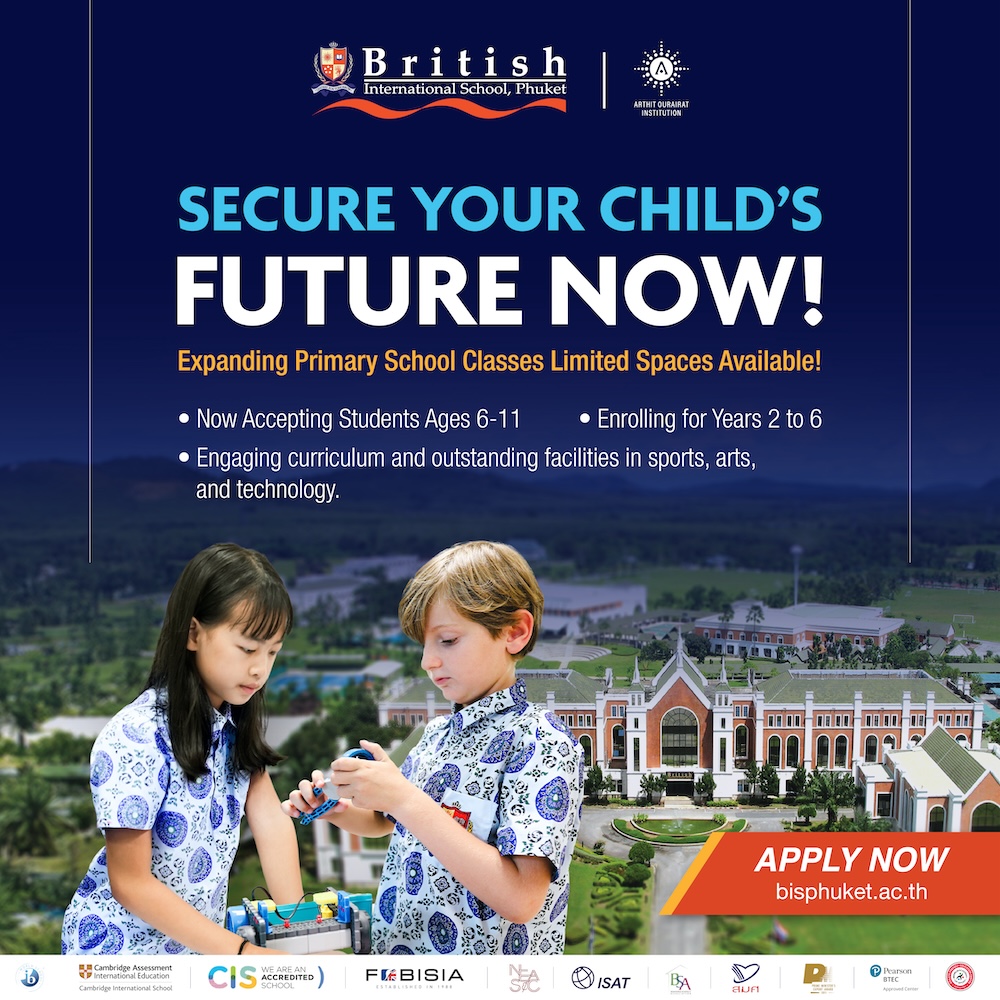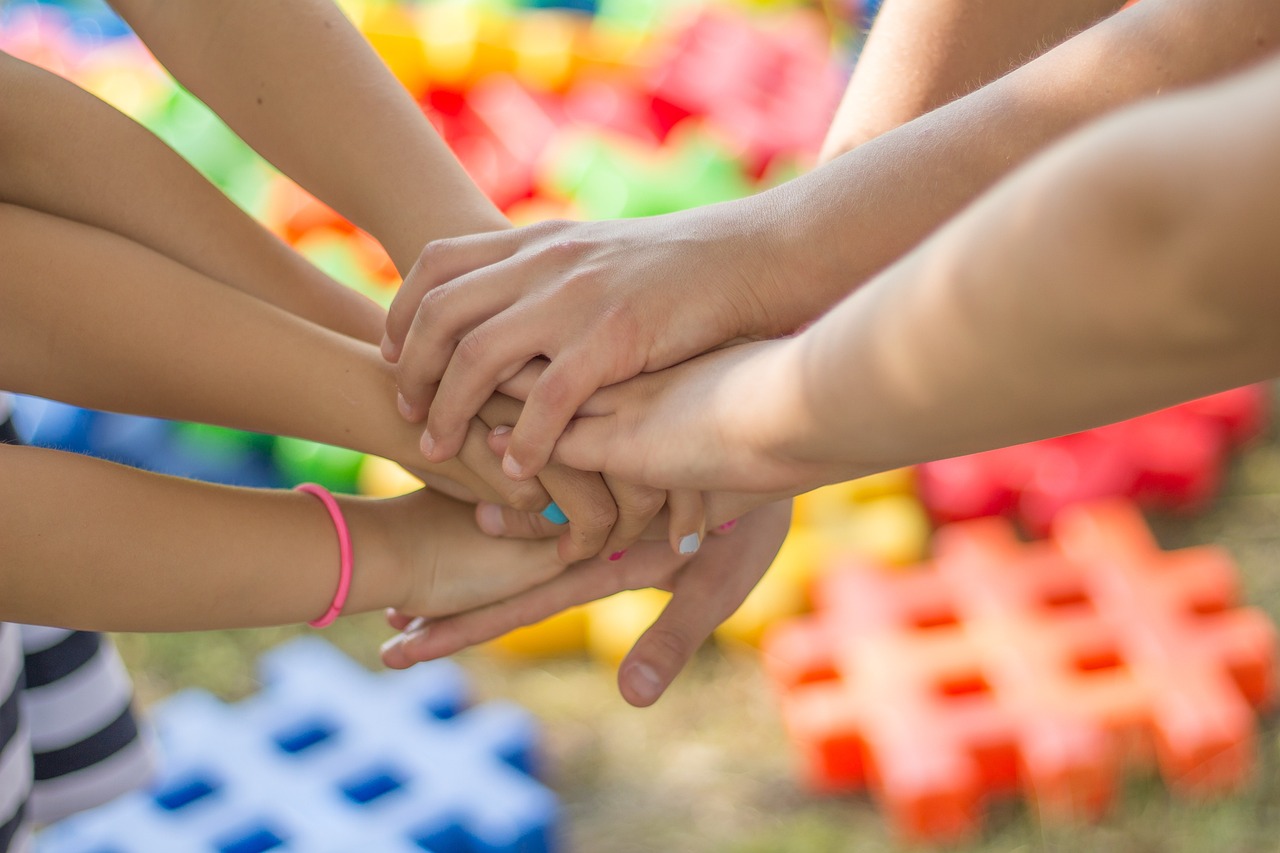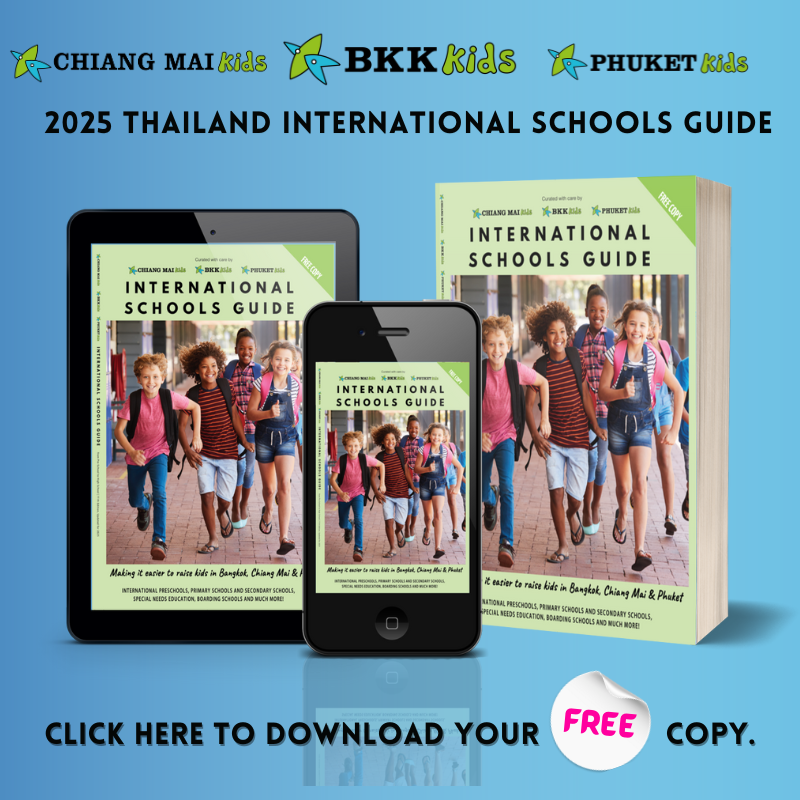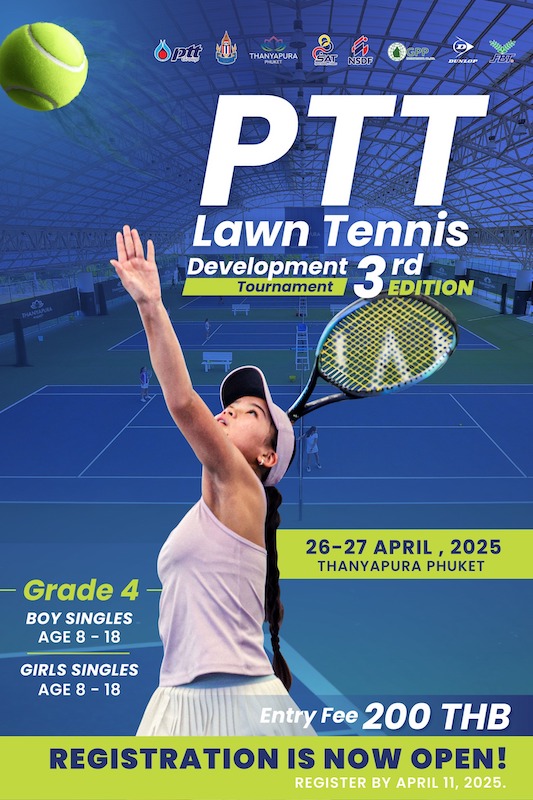In Phuket, early childhood education across various curricula—be it American, British, German, or others—emphasizes the importance of playful exploration. This approach fosters development in communication, language, personal, social, emotional, and cognitive domains. Fortunately, Phuket offers a diverse selection of early years schools that integrate different educational philosophies, allowing children to learn through engaging and enjoyable experiences.
Montessori Approach
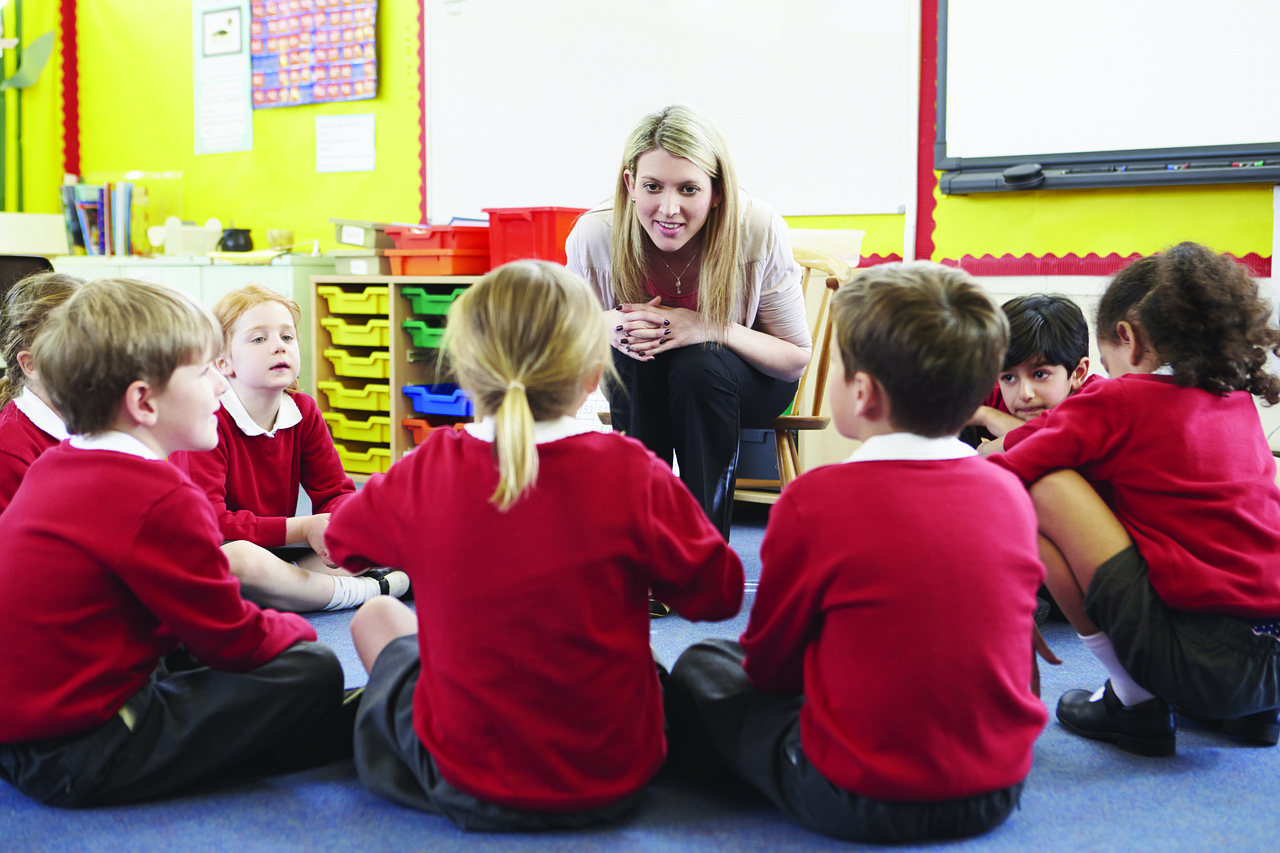
The Montessori method, centred on self-directed activity, hands-on learning, and collaborative play, is embraced by several institutions in Phuket. At Phuket Montessori School, children choose activities that align with their interests, promoting focus, concentration, and the development of specific skills. The classrooms are designed to encourage independence and creativity, with teachers guiding and observing to support each child’s unique learning journey.
Reggio Emilia Approach
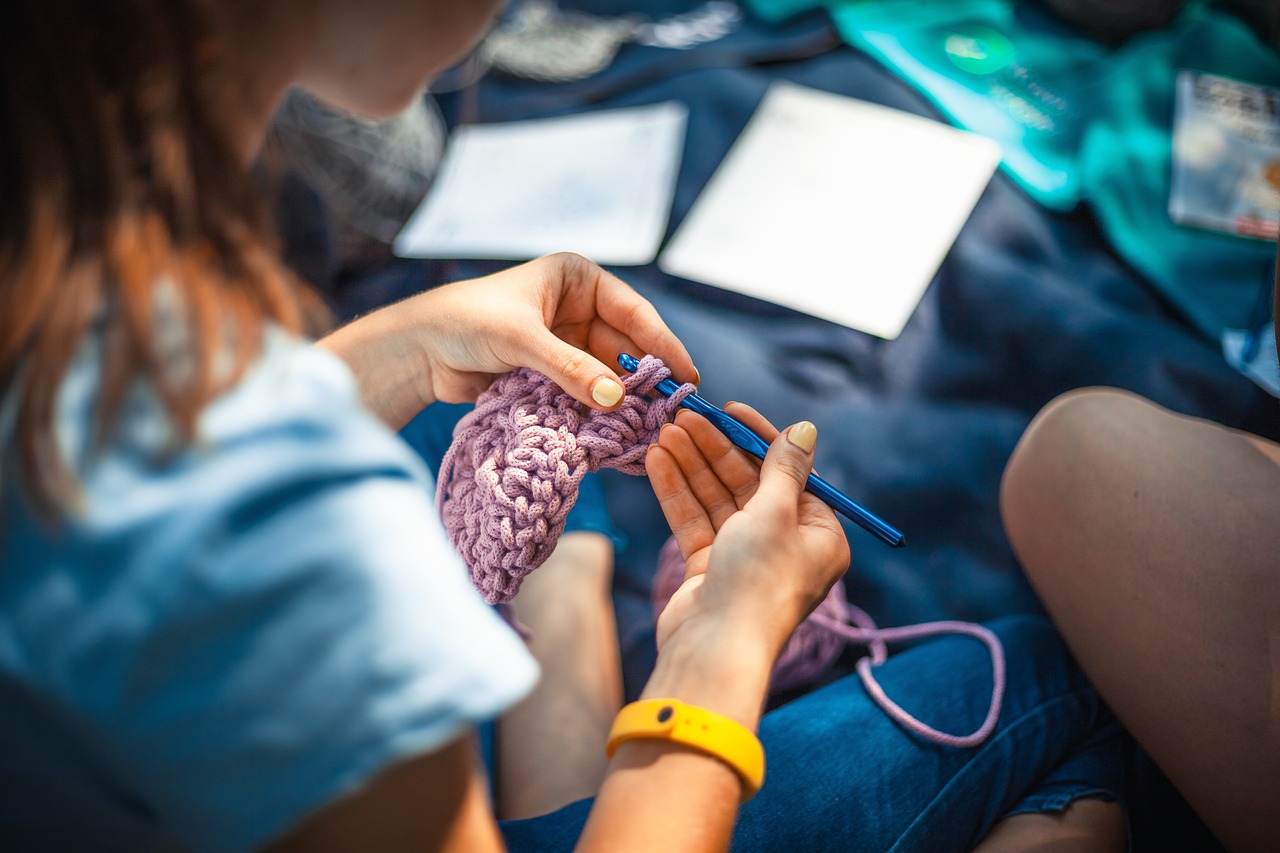
While specific Reggio Emilia-inspired schools are emerging in Phuket, many early childhood centers incorporate elements of this philosophy. This approach views children as capable and resourceful, emphasizing exploration and discovery in a supportive environment. Educators facilitate learning by providing opportunities for children to express themselves through various mediums, fostering creativity and critical thinking.
Forest Schooling
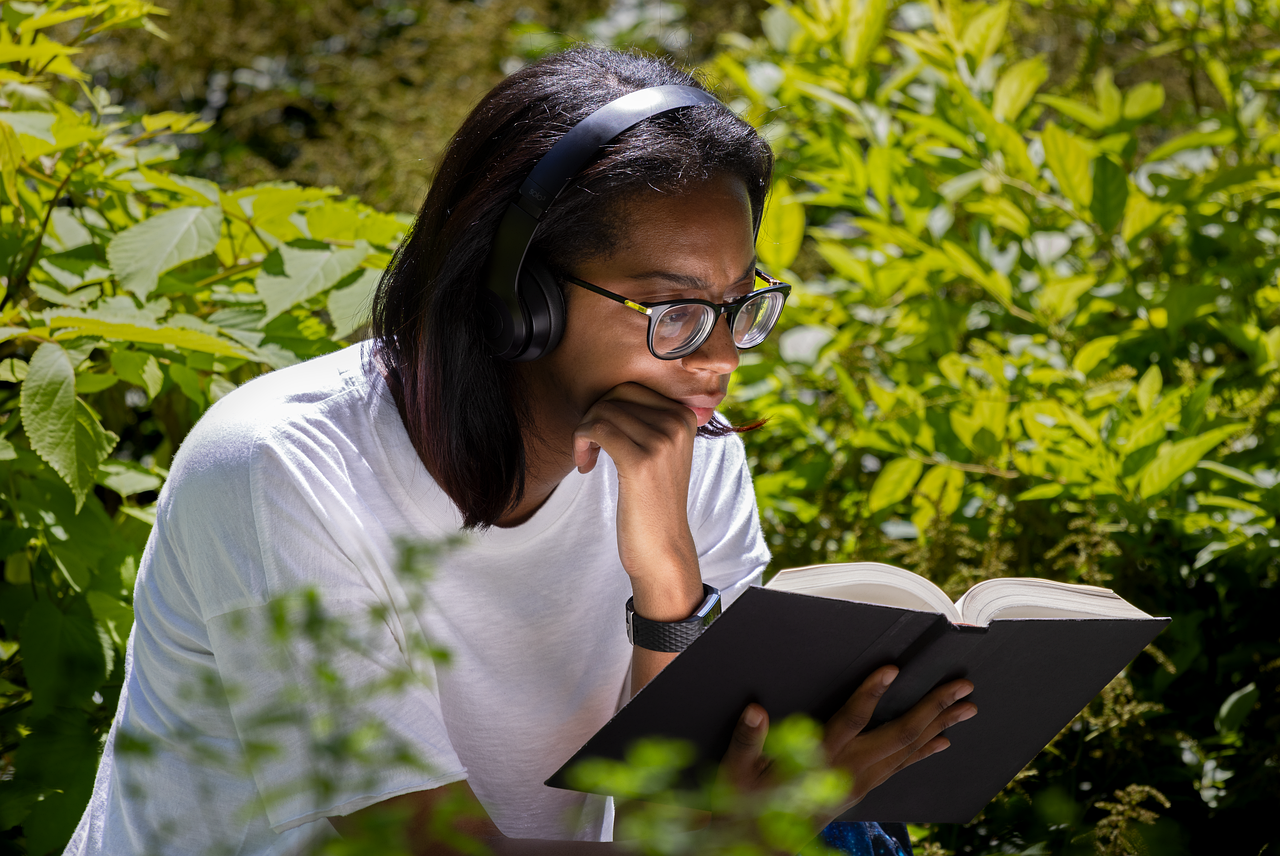
Phuket’s natural landscapes make it an ideal setting for forest schooling, an outdoor education model where children engage with nature to develop personal and social skills. Institutions like The Waldorf Phuket offer programs that immerse children in natural environments, encouraging exploration and hands-on learning. Activities such as den building, nature walks, and outdoor crafts help children develop confidence, resilience, and a deep connection to the environment.
Play-Based Learning in Practice
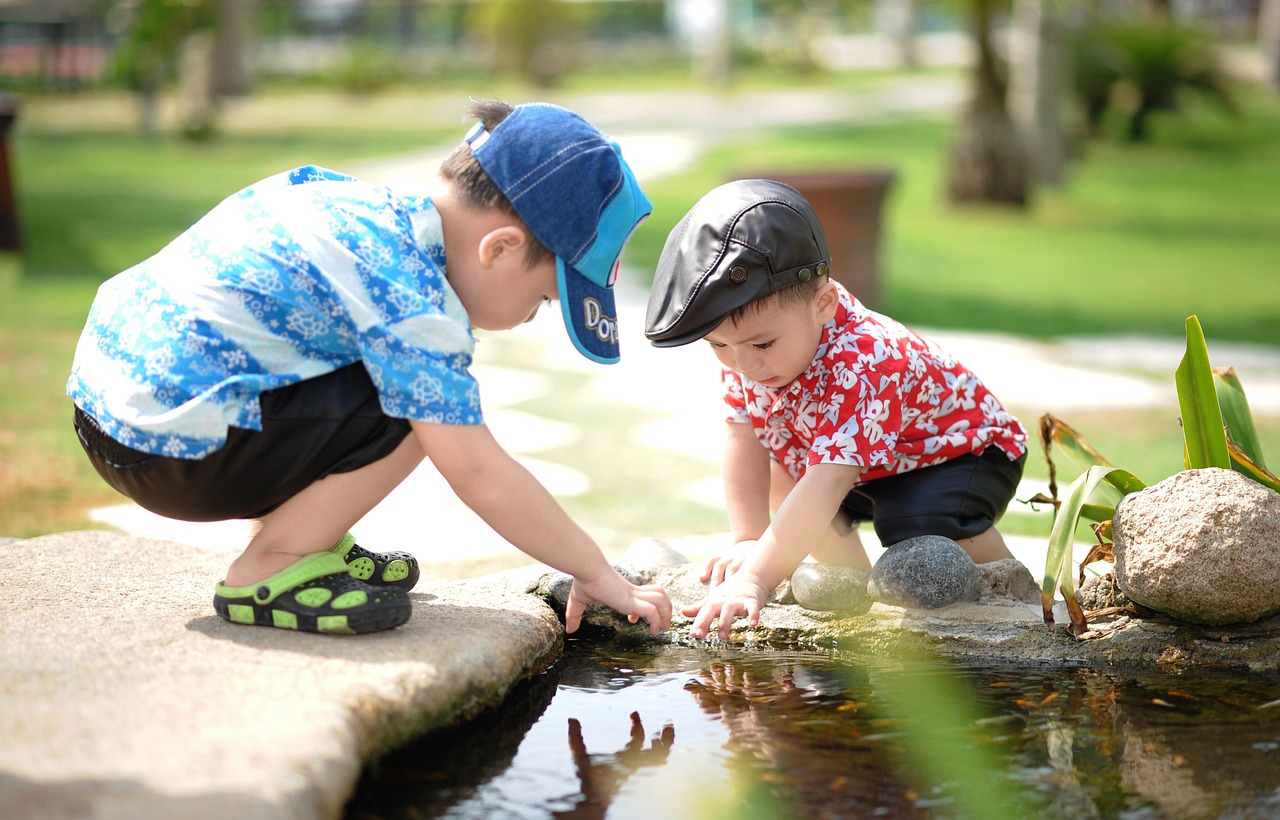
Schools such as British International School, Phuket (BISP) integrate play as a core component of their Early Years Foundation Stage (EYFS) curriculum. BISP provides open learning spaces where children can initiate activities like creative arts, role-play, and physical development exercises. This environment encourages children to develop new skills and fosters a positive attitude towards learning.
Similarly, HEI Schools Phuket offers a progressive education inspired by Finnish pedagogy, focusing on play-based learning. Their curriculum is designed to adapt to each child’s unique needs, making learning both fun and engaging. With a focus on holistic development, children are encouraged to explore and discover through purposeful play, guided by highly trained educators.
Incorporating play into early education is not merely about fun; it’s a fundamental aspect of fostering well-rounded development. Phuket’s diverse educational landscape offers various programs that prioritize play-based learning, ensuring children build a strong foundation for lifelong growth and curiosity.


